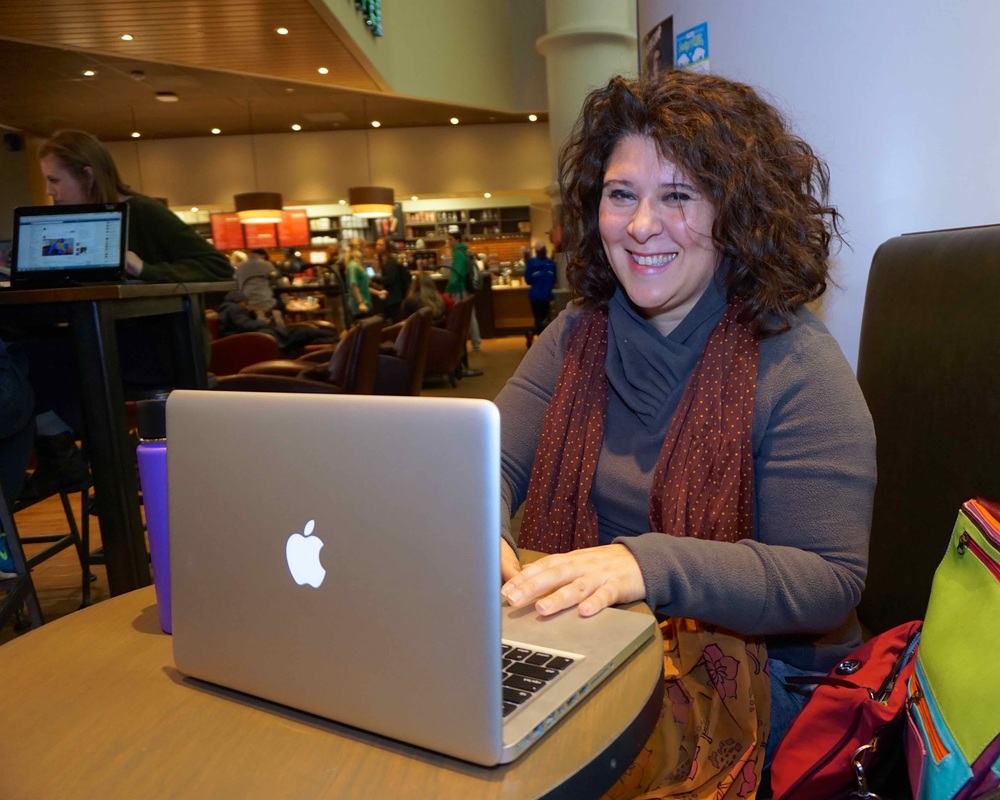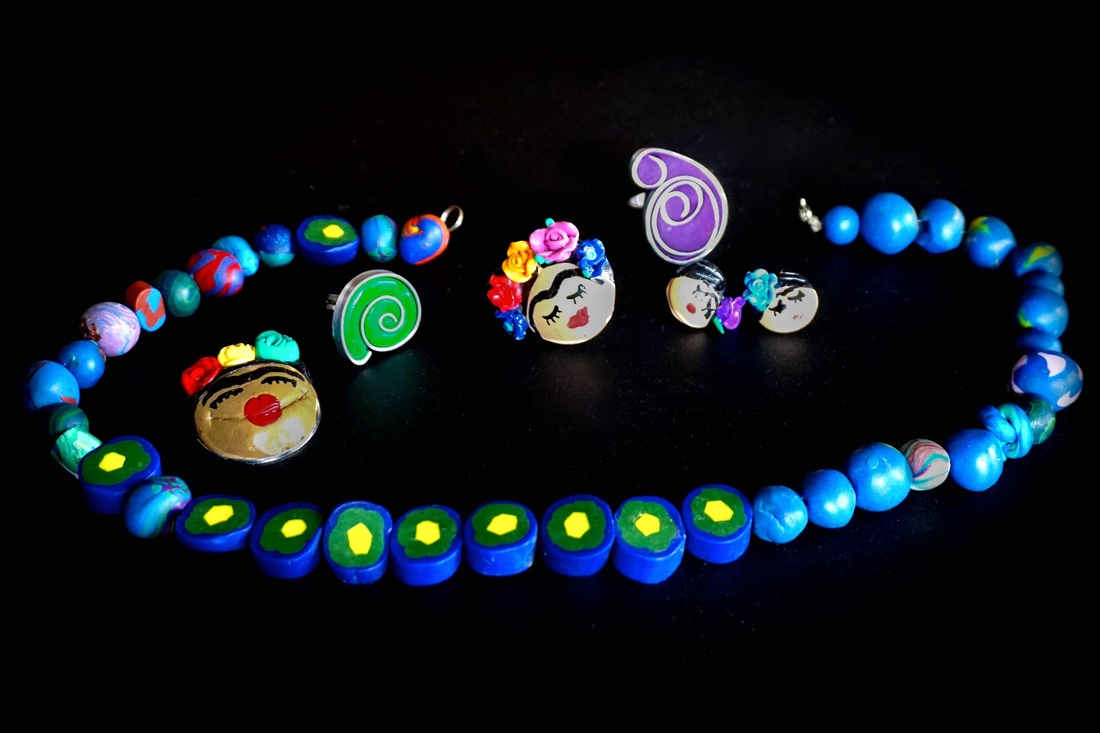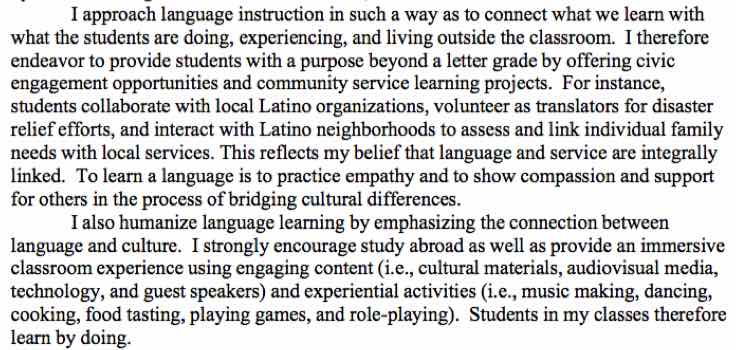“I was two years old when my mother committed suicide, but I was 18 before I found out that’s how she died. I only knew that I didn’t have a mother like my classmates did, and although I did well in school, I felt lonely and different. Losing her left such a big hole in my life. My other relatives pitied me and said: ‘Pobrecita!’ (Spanish for ‘You poor thing!’) You won’t be able to make anything of yourself now.’
“I still had my father though. He was a medical doctor, a kind and generous man who treated patients whether or not they had money. People paid him with cakes, chickens, Easter eggs, English lessons for me - anything. He and I delivered babies together and he made me feel so important. He taught me how to give back and was paying my way through medical school when he got very sick. He worried about what would happen to me after he was gone because I wouldn’t be able to afford to continue my studies. He thought my life would be over. It was true that I had to drop out of school when he died, but I didn’t give up. I got a job working 14 hours a day to support myself, and that job is where I met a man from America who was studying in Buenos Aires. When it came time for him to return to the States, he asked me to come with him. At first, I refused, but when he continued to press me, I agreed to at least visit and get to know his family. We were married for seven years, and in that time I completed a B.A., an M.A., and a PhD at Ohio State University. Doing that gave me the opportunity to teach, which I’ve done for five years now.
“After a traumatic event such as the loss of a parent or a really hard beginning, some people just give up. Others feel challenged to defy the low expectations and turn that experience into a positive thing. It’s called post-traumatic growth. I think that’s what happened to me. I wanted to prove wrong the relatives who said I wouldn’t amount to anything. Yes, I lost my mother, but I was determined not to throw my life away. In my classes here at the U of M, I try to communicate to my students that no matter where they come from, no matter what limits people put on them, no matter their circumstances, they have the power to change their lives. In many countries of the world, there is so much poverty; people struggle just to have food to eat every day. But in America, there is access to the support and resources people need to create opportunities for themselves, mentors will help them, and through the Internet, the world is at their fingertips. I tell my students that even if no one else believes in them, I believe in them. I want them to know how important each one of them is. I also want them to know how important it is to give back, to contribute their ideas, their time, and their skills to help others. In Argentina, people often take food with them on the train from one place to another. If they don’t eat it all, if they have an unopened bag of chips or package of cookies left, they leave it for the people who will come aboard at the next station. If you find it, you know it’s been left for you. That’s something I want my students to learn: Pack your bag for the journey. Equip yourself. Take and use what you need, but don’t forget there are others coming along behind. Give back to them.”
“I still had my father though. He was a medical doctor, a kind and generous man who treated patients whether or not they had money. People paid him with cakes, chickens, Easter eggs, English lessons for me - anything. He and I delivered babies together and he made me feel so important. He taught me how to give back and was paying my way through medical school when he got very sick. He worried about what would happen to me after he was gone because I wouldn’t be able to afford to continue my studies. He thought my life would be over. It was true that I had to drop out of school when he died, but I didn’t give up. I got a job working 14 hours a day to support myself, and that job is where I met a man from America who was studying in Buenos Aires. When it came time for him to return to the States, he asked me to come with him. At first, I refused, but when he continued to press me, I agreed to at least visit and get to know his family. We were married for seven years, and in that time I completed a B.A., an M.A., and a PhD at Ohio State University. Doing that gave me the opportunity to teach, which I’ve done for five years now.
“After a traumatic event such as the loss of a parent or a really hard beginning, some people just give up. Others feel challenged to defy the low expectations and turn that experience into a positive thing. It’s called post-traumatic growth. I think that’s what happened to me. I wanted to prove wrong the relatives who said I wouldn’t amount to anything. Yes, I lost my mother, but I was determined not to throw my life away. In my classes here at the U of M, I try to communicate to my students that no matter where they come from, no matter what limits people put on them, no matter their circumstances, they have the power to change their lives. In many countries of the world, there is so much poverty; people struggle just to have food to eat every day. But in America, there is access to the support and resources people need to create opportunities for themselves, mentors will help them, and through the Internet, the world is at their fingertips. I tell my students that even if no one else believes in them, I believe in them. I want them to know how important each one of them is. I also want them to know how important it is to give back, to contribute their ideas, their time, and their skills to help others. In Argentina, people often take food with them on the train from one place to another. If they don’t eat it all, if they have an unopened bag of chips or package of cookies left, they leave it for the people who will come aboard at the next station. If you find it, you know it’s been left for you. That’s something I want my students to learn: Pack your bag for the journey. Equip yourself. Take and use what you need, but don’t forget there are others coming along behind. Give back to them.”
Diana will be participating in the Holiday Market at Caritas Village (2509 Harvard) on Friday and Saturday, December 4 & 5, 2015 (10am-6pm both days), selling some of her hand-crafted jewelry (samples below) to benefit Centrol Cultural, the Latino Cultural Community Center.
Teaching Philosophy:
Service Learning Project:
Diana Ruggiero, Assistant Professor of Spanish for the Professions, U of M
- Bio HERE
- Email: [email protected]




 RSS Feed
RSS Feed